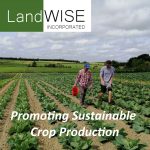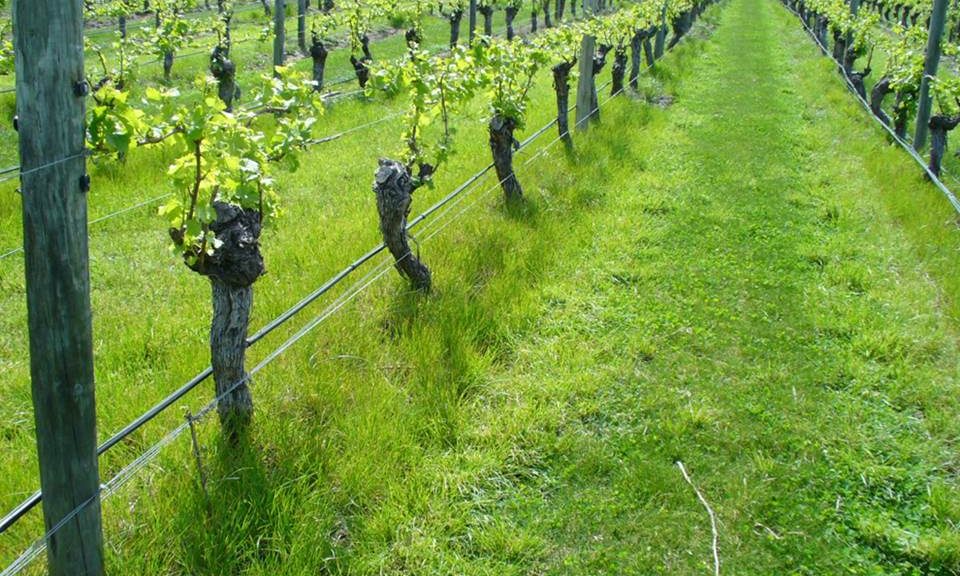A message to our members and friends
LandWISE runs on a voluntary membership basis with an annual subscription of just $100 for the current year. Subscriptions are now due and our Financial Members will be getting their invoices sent out shortly.
If you are already one of our Financial Members, Thank You! Can you please help us again by recommending us to a friend?
We haven’t changed our subs for years, but are starting to review that. What would be best, is if more of our followers chose to join!
If you’re getting and valuing our newsletters, downloading and listening to our podcasts, accessing the resources on our website or the FertSpread tools etc. please think about giving us a hand. It really will only cost you about half a cup of coffee a week, but it will make a big difference to us.
How does LandWISE fund its activities?

Our overheads are kept rock-bottom. The MicroFarm, our offices and equipment are provided as an in-kind service by Page Bloomer Associates. Our Board is voluntary, and we meet mostly by email and video conferencing. But we do need to pay accountants and insurance and run websites and the other things every organisation has to do.
Our major activities are funded on a project by project basis. That means we need a lot of support from co-funders so we can access (hopefully) various reasearch and extension grants such as MPI’s Sustainable Food and Fibre Futures fund (SFFF). Our Conference too (as podcasts in 2020!) also relies on a number of loyal sponsors and the delegate fees we collect.

All these things cost a bundle. If we can get more members, we can increase the amount of work we can self-fund and provide more member services.
Please consider becoming a Financial Member today. Click the link, fill it in and we’ll flick you an invoice. (and we’ll cover the cost of our own coffees!)






 Katherine Tozer, another senior scientist at AgResearch is working on tools and practices to improve non-chemical weed management. A key area of her research is pasture fallow, a practice where certain paddocks or parts of the farm are set aside to reduce weed establishment from overgrazing.
Katherine Tozer, another senior scientist at AgResearch is working on tools and practices to improve non-chemical weed management. A key area of her research is pasture fallow, a practice where certain paddocks or parts of the farm are set aside to reduce weed establishment from overgrazing.
 The
The 



